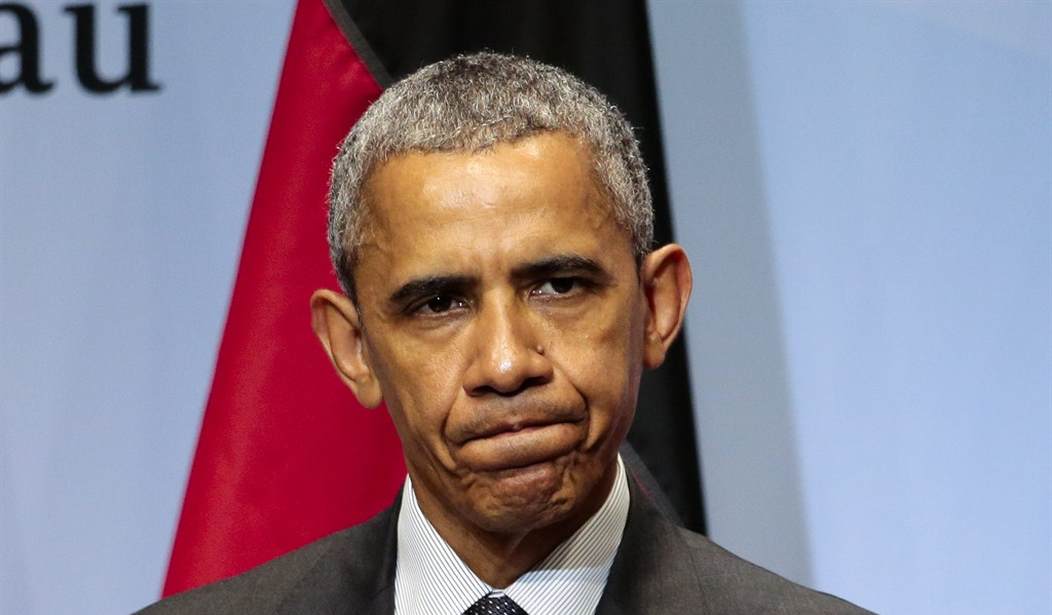The House of Representatives voted Thursday to repeal the medical device tax in Obamacare, an unpopular mandate opposed by lawmakers on both sides of the political aisle. Democrats joined Republicans 280-140. The House also voted in 2013 to repeal the tax.
"Patients all across America are losing the ability to access the highest quality care for many reasons. One of those reasons is the extraordinary increase in costs," Republican Congressman Ryan Murphy said in a statement. "Embedded in Obamacare are more than 20 different taxes on Americans and American businesses. The medical device tax is one of the more destructive to the quality of health care. It takes resources away from pioneering research and the development of lifesaving treatments, and it raises the cost of medical care. Repealing this tax is a necessary step in moving toward a patient-centered health system where patients, families and doctors have access to affordable, innovative health care choices."
I've written about the detrimental effects of the medical device tax before. A refresher:
Not only does this tax increase costs on companies, it also increases costs on hospitals, doctors and people in need of medical treatment that requires medical devices to be used. As a consequence of this, biomedical or medical device engineering firms are already laying off workers who develop crucial medical products due to the "unforeseen" costs, or in other words, the costs of ObamaCare. Not to mention, the more money these companies pay to the government, the less money they have to invest in research and development.
Recommended
More on the negative economic impact of the medical device tax, which includes a 10 percent cut of the industry work force, from Americans for Tax Reform:
A bipartisan outcry has been raised over the device tax, and for good reason. The tax was enacted to help fund the $1.76 trillion in new spending authorized under Obamacare, and it will actively undermine production of and improvement on medical devices which are crucial to patient outcomes.
The device tax is a tax on gross receipts (sales, essentially) instead of a tax on profits, so the tax will be imposed even if a company sells its products at a loss. This one detail ensures that the 2.3% tax is deceptively large: the medical device industry’s tax burden is expected to double because of the Taxmageddon increase; some companies (such as Zoll, which manufactures defibrillators) will see their profit margins shaved by up to 40%.
A recent study found that investment in medical research and development will fall by $2 billion per year because of the device tax—and that is a cautious estimate. R&D dollars drive innovation and innovation lowers costs, so the tax’s adverse effect on investment will keep expensive medical devices from becoming affordable and widely available in the future.
More immediately, the device tax will gouge health consumers for essential products. Taxes on companies often end up hitting consumers as higher prices, and the device tax is no different. The actuary for the Centers for Medicare and Medicaid Services made it plain that Obamacare’s “fees and the [device] tax would generally be passed through to health consumers in the form of higher drug and device prices and higher insurance premiums.” In other words, patients – many in dire need of care – may find crucial medical products out of their reach as a result of the 2.3% tax.
Whatever costs cannot be passed along to patients will be absorbed by the medical device companies, which will lead businesses to cut jobs as they tread water to stay afloat. One study found that, depending on the elasticity of the tax, the medical device industry will be forced to fire between 14,500 and 47,100 workers—up to 10% of the workforce.
Despite bipartisan opposition to the medical device tax, President Obama is threatening a veto.

























Join the conversation as a VIP Member